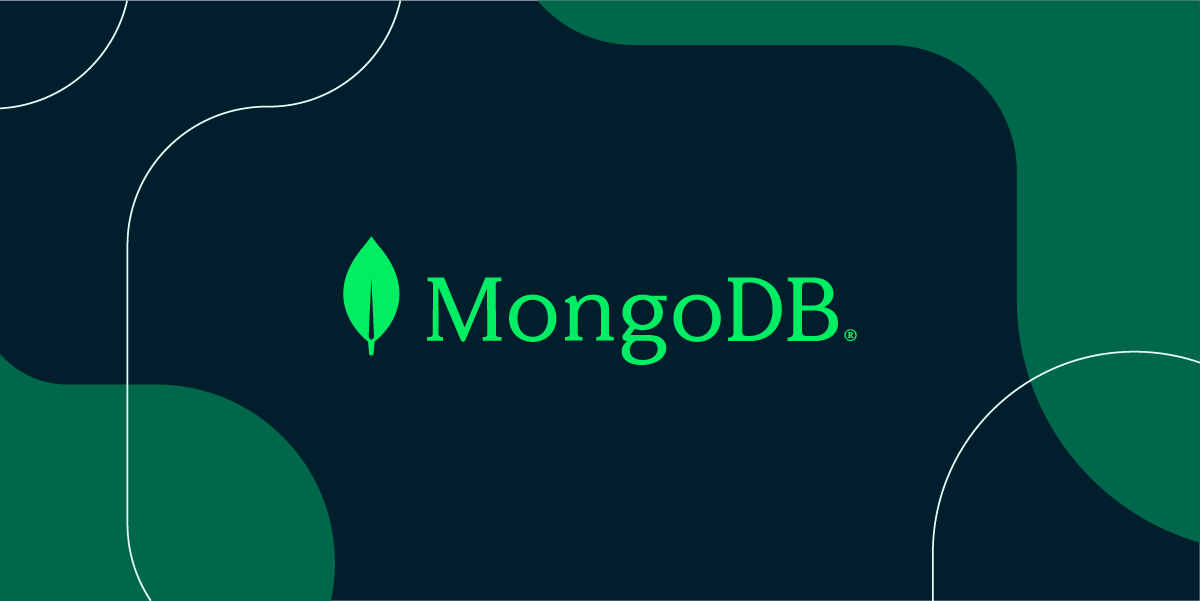
Look, MongoDB Atlas billing is completely fucked. What starts as "$9/month sounds reasonable" turns into watching your startup's runway disappear because their auto-scaling triggered during a load test and never scaled back down.
The Hidden Cost Multipliers
Atlas's tiered pricing model creates massive cost jumps between service levels. You start with the M5 shared cluster at $25/month, but it literally times out if your aggregation pipeline processes more than 1,000 documents. Need better performance? That's $57/month for M10 - more than double the cost for minimal improvements.
The real shock comes when you scale to M20 at $144/month. But the pricing jumps get fucking insane at M30 - like $380-400/month. You go from barely working to mortgage payment with no middle ground.
Auto-Scaling: The Expensive Lie

MongoDB promises auto-scaling will optimize costs, but the reality is brutal. The system scales up instantly when traffic increases - even from someone refreshing a page repeatedly - but takes 6+ hours to scale down when traffic dies. You're paying peak rates for hours after traffic normalizes.
Teams report their staging environments hitting $400+ monthly because auto-scaling triggered during load testing and never properly scaled back down. That M30 tier can destroy budgets overnight. DocumentDB runs something like 30% cheaper for the same workload, but that's still expensive as hell.
The Surprise Billing Components
MongoDB charges for shit you didn't know you were using:
- Data egress fees: Moving YOUR data out costs $0.09/GB. Exported our 50GB database and got hit with like $4.50 we didn't budget for
- Backup storage: Charged separately from your main storage quota, even for automated backups
- Index overhead: Every index needed for basic performance eats your storage allowance
- Connection pooling: Hit 500 concurrent connections? Pay extra or watch everything timeout with `OperationTimeout: 30000ms exceeded` errors
Performance Issues Money Can't Fix
Rant over. Here's the technical shit that'll make you hate them more:
The worst part? Higher tiers don't solve fundamental performance problems. MongoDB's query optimizer remains primitive compared to PostgreSQL. Performance benchmarks show PostgreSQL handles 10M record joins that crash MongoDB with "working set too large" errors.
Teams are cutting database costs in half by switching to PostgreSQL or other alternatives. My friend's startup moved from Atlas to PostgreSQL with JSONB and saw queries that used to timeout actually complete in milliseconds.
The licensing thing with MongoDB's SSPL also pisses off a lot of enterprise teams - that's why AWS built DocumentDB to provide MongoDB APIs without the vendor lock-in bullshit.
The alternatives that actually work:
- Supabase - PostgreSQL with real-time features, 85% cost reduction
- Amazon DocumentDB - MongoDB-compatible, 68% cheaper
- Self-hosted MongoDB - Keep APIs, save 80%
- CockroachDB - Distributed SQL with MongoDB compatibility layer
The question isn't whether MongoDB Atlas is expensive - it's why teams continue paying premium prices for inferior performance, billing surprises, and vendor lock-in when better alternatives exist.
 Better performance: PostgreSQL with proper indexing outperforms MongoDB for most relational queriesSimilar performance: Amazon DocumentDB, self-hosted MongoDBDifferent performance profile: DynamoDB (faster for key-value, requires access pattern redesign)Potentially better: CockroachDB (global consistency), PlanetScale (better for analytical workloads)Performance typically improves because you can optimize for your specific workload instead of Atlas's one-size-fits-all approach.
Better performance: PostgreSQL with proper indexing outperforms MongoDB for most relational queriesSimilar performance: Amazon DocumentDB, self-hosted MongoDBDifferent performance profile: DynamoDB (faster for key-value, requires access pattern redesign)Potentially better: CockroachDB (global consistency), PlanetScale (better for analytical workloads)Performance typically improves because you can optimize for your specific workload instead of Atlas's one-size-fits-all approach.